
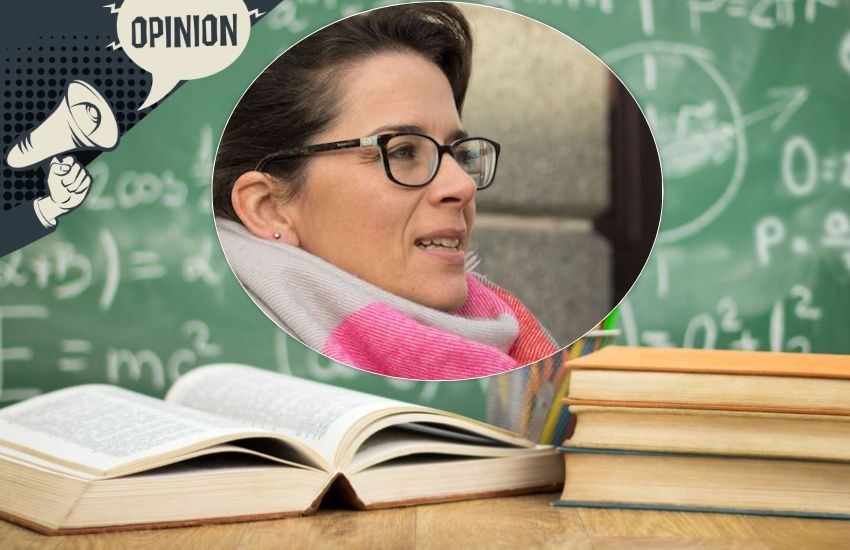

Deputy Andrea Dudley-Owen, the President of the Committee for Education, Sport & Culture, explains to Express readers why a new Education Strategy is her Committee's number one priority.
"The most significant piece of work that the Committee for Education, Sport & Culture is undertaking and has set in train this term is that of the Education Strategy.
Many might be surprised that this is the case, believing instead it might be the hotly-debated Secondary and Post 16 model or the long-awaited review of the Education Law. Whilst those workstreams and others we are working on are very important, without an overarching strategy which sits beneath our ultimate purpose, there would continue to be a somewhat scattergun approach to the delivery and development of education in Guernsey and Alderney.
Without the Education Strategy, big-ticket items like the Secondary and Post-16 model or the law review, and in the years ahead a review of primary education, take place in isolation and without a clear, common and explicit strategic purpose.
This letter is intended to provide an overview of the Education Strategy and how it creates the framework for the many workstreams being undertaken, ensuring that each fits into a cohesive, comprehensive and purposeful structure. There will be further updates in the coming weeks and months that will delve into the tangible initiatives happening across our settings and their links to the developing strategy.
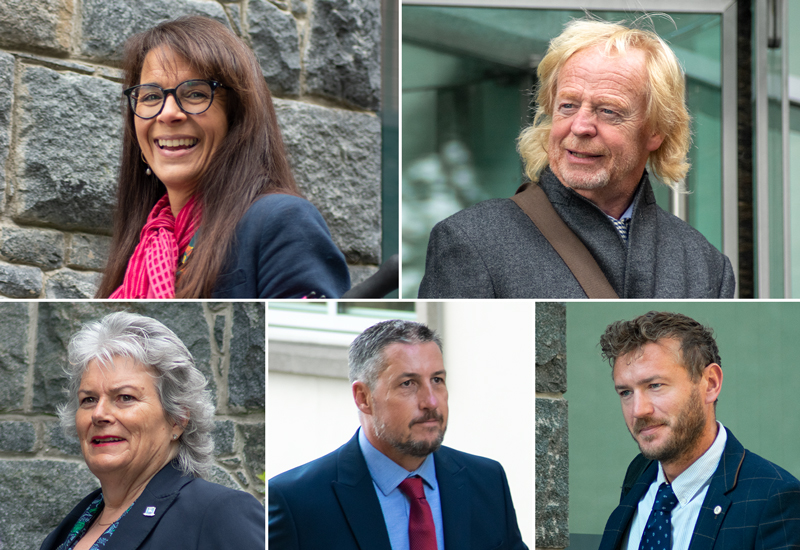
Pictured: The members of the Committee for Education, Sport & Culture elected in October 2020.
Our Education Strategy is the framework which underpins all strategic and operational activity and measures the success of the States-maintained education system in Guernsey and Alderney. It articulates the ambition and aspiration for our islands’ students through four overarching priorities and underneath which sit a series of commitments, or promises, about how these priorities will be realised.
The four overarching priority areas are:
Everything we do in education should be directly relevant to meeting one or more of these strategic aims.
The development of the Strategy enables the broader involvement of a network of staff from across our workforce in both the design and delivery of continuous development and improvement across our education system. It is through the Education Strategy that we seek to improve the outcomes for our children, young people and adult learners, not simply through the bricks and mortar or the physical fabric of the buildings in which they learn. Although, of course, we recognise the need to ensure we have fit for purpose facilities for all learners.
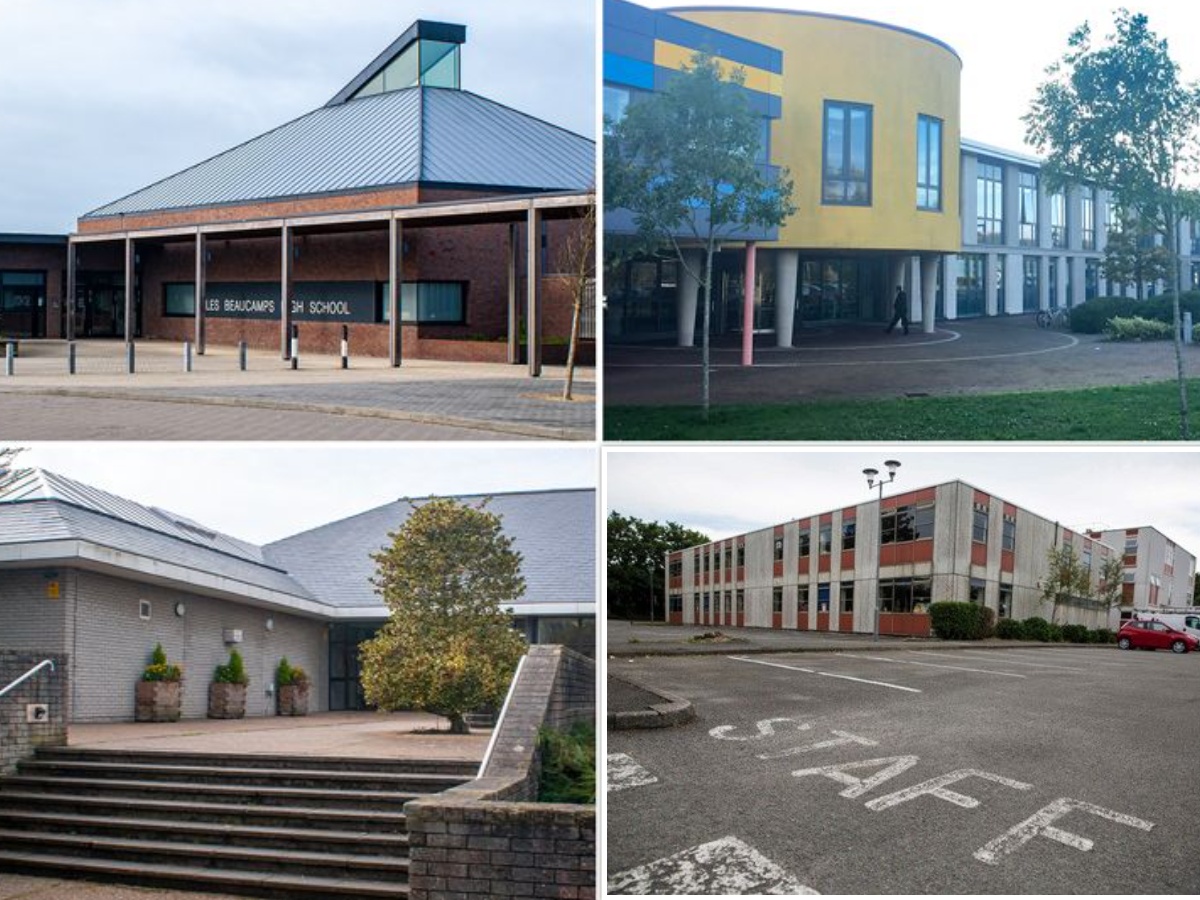
Pictured: Deputy Andrea Dudley-Owen says that her Committee's Education Strategy will underpin the reorganisation of States' secondary and further education which was agreed by deputies last summer.
Key to its success is the approach that we have taken to designing the Education Strategy: the priorities and commitments were developed following careful and considered engagement with education leaders and front-line staff over many months.
Consequently, the four key priorities and, particularly, the strategic commitments that have been made to realise those priorities, are rooted in the areas which are considered critical by those directly involved in the delivery of, as well as the strategic direction for, education.
Rewind to October 2020, as we began this term, and before I put myself forward for the Presidency of the Committee for Education, Sport & Culture, I knew that a strategy was vital for us to explain the vision and create the direction for education in Guernsey. After an unsettled time locally in education, I felt that some clear purpose was needed to lead us to a bolder and more aspirational place of learning.
While our Committee has led its initial development, it is my hope that the Education Strategy will continue to be further developed by future committees so that it remains relevant now and into the future.

Pictured: Deputy Andrea Dudley-Owen says that students are at the heart of her Committee's Education Strategy, which she hopes will survive beyond a single States' term.
Putting a strategy in place was essential if I was to explain the 'why' of what we were doing in seeking to create a bold, ambitious system and allow us to clearly outline what we believe the education system in Guernsey and Alderney should look like and achieve for our learners. Anyone who has read or heard Simon Sinek will know that he explains the need to articulate the 'why' of any action, in order to inspire to action.
Agreeing our intention was the first stage of the strategy – this allowed us to define our ambitions for the system with the implementation of plans to realise these ambitions being the next stage.
That next stage is happening right now across our whole system. From here, we will go on to review, develop and evolve the Strategy further. I think that a flexible, adaptable and pro-active approach to learning and education, informed by the expert educationalists and educators we have right across our education workforce, is so important to make sure we are delivering the best for our young people and this is what our Strategy will provide.
This is not about organising students into buildings dependant on age range. This is where the rubber hits the road, determining the educational outcomes we want to see in our young people in order for them to become well rounded, confident and valuable contributors to our community and economy.
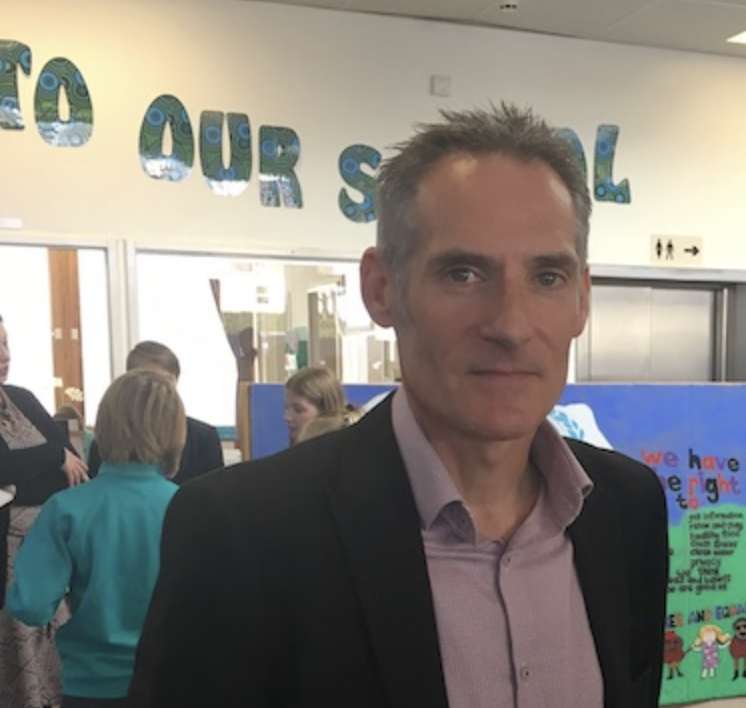
Pictured: Nick Hynes, Director of Education, is the Committee's lead advisor and has played a central role in the development of the Education Strategy to date.
I believe that empowering our staff to do the job they were recruited to do is key to the success of achieving our aims and this is an underlying theme of the Strategy.
The Education Strategy Stakeholder Engagement Network has been created to raise the profile of the Strategy with their colleagues in schools and The Guernsey Institute. This is a group that is important in the development of our future leaders in education.
The culture of each education setting is an area that this Committee has devolved to schools to manage, to make their own and develop. The values, ethos and principles that each setting holds up as their individual culture are what makes them unique and differentiates them. Ensuring that commonalities in operations are shared and made as effective and efficient as possible is what unites them.
Network members perform a crucial role in the wider communications plan for the Strategy, leading ongoing discussions between colleagues at a settings level. These Network meetings provide a helpful forum for members to develop their own leadership skills, share the different approaches that their settings, through from Primary to Higher Education, are using to embed the Strategy. Importantly, they provide appropriate challenge and feedback to education officers about the next steps in strategic development, ensuring that work underway reflects the views of the educationalists that work in our settings and within our civil service.
Pictured: Express reported late last year on how staff from across the phases and sectors of education were working on the development of the Committee's new Education Strategy.
One of the principles that the Committee has identified is that areas of best practice should be highlighted and shared. This is not just about delivery in the classroom, but also in the support services for our children and young people and, notably, in services provided by the Education Office as well. Remaining focussed and informed about what is happening in our schools and services allows us to evaluate the impact of our actions. Everything we do must show a direct benefit for the student in the classroom.
We need to understand where there might be gaps in provision and focus our limited resources so that efforts can be directed to where our work makes the greatest difference. If there is no positive or tangible benefit, we need to question what we are doing and address this via our central service development planning and/or by political policy review.
So, everything that we are doing to support improvement across the education system - all our policy decisions and the work of our Head Teachers/Principals, staff and officers - fit into the long-term ambitions of our Education Strategy against which it is measured. This makes it relevant, applicable and supportive of the ultimate aim and purpose we have set ourselves, and if this aim is to ensure that every child and young person is to become a valuable contributor to our community and to our economy then the Education Strategy underpins this.
It means that all the work that we do has a strategic purpose in contributing towards achieving our aim. Taxpayers’ money funds the delivery of our States-funded education system and we must make sure that each pound spent is spent well and has a positive impact. Having a Strategy helps us to remain accountable to the taxpayer for the way in which their money is spent and to prove whether or not there is a return on the investment that we are making on their behalf.
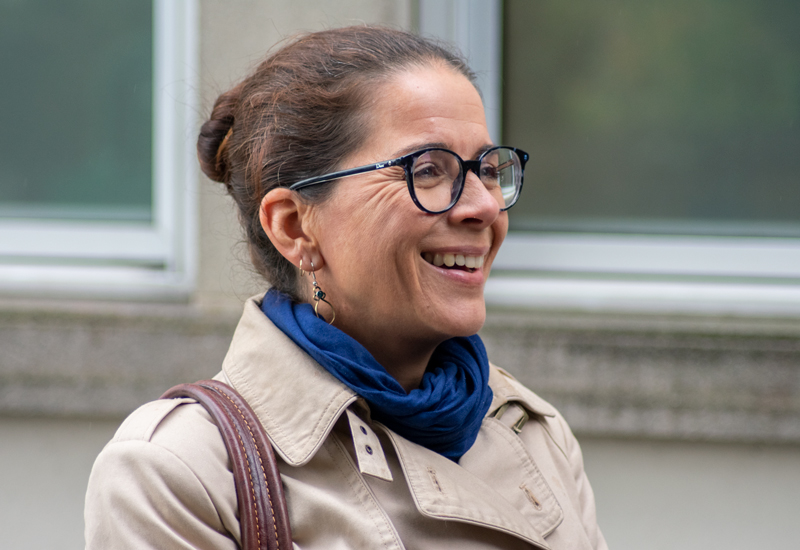
Pictured: Deputy Andrea Dudley-Owen concludes her open letter with a commitment about her views on investing in education.
I am convinced that investment in education is the best investment one can make.
The return on the investment that our islands make on education must not be underestimated.
All our children and young people deserve this investment in their future and our Education Strategy is the vehicle that we will use to help us to deliver the excellent outcomes we seek for them."
Deputy Andrea Dudley-Owen,
President, Committee for Education, Sport & Culture